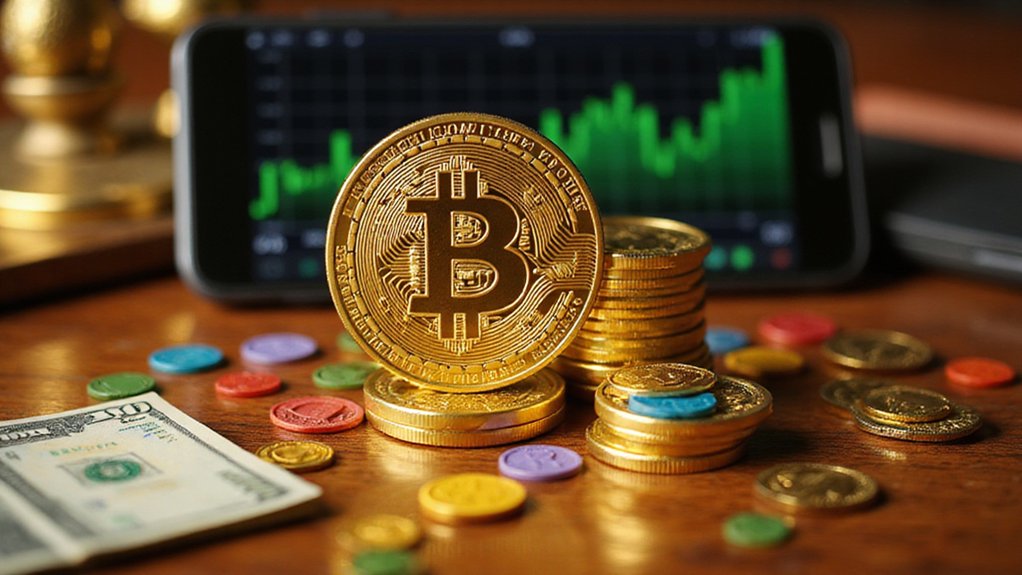Innovation, that perpetual Wall Street panacea for markets plagued by dysfunction, has arrived at the voluntary carbon credit sector courtesy of JPMorgan Chase’s blockchain initiative—because apparently what this fragmented, greenwashing-prone market needed was the same distributed ledger technology that brought us countless cryptocurrency booms and busts.
The banking giant’s Kinexys unit has partnered with S&P Global Commodity Insights, EcoRegistry, and the International Carbon Registry to tokenize carbon credits, creating digital representations of one-ton CO2 offsets that can theoretically eliminate the market’s chronic ailments: double counting, standardization deficits, and the sort of transparency issues that would make a hedge fund blush.
Each tokenized credit ostensibly corresponds to legitimate forestry or renewable energy projects, tracked through an immutable blockchain ledger that promises to follow credits from cradle to grave.
This initiative tackles a voluntary carbon market that has contracted and stagnated over two years, victim to fragmentation and trust erosion that even institutional investors found unpalatable.
JPMorgan’s solution involves creating globally compatible infrastructure through distributed ledger technology, reducing manual processes while improving record-keeping accuracy—admirable goals, considering past tokenization efforts raised questions about market integrity that weren’t exactly confidence-inspiring.
The strategic partnerships guarantee robust token validation and regulatory compliance, with S&P Global providing verified data oversight while the carbon registries contribute credit listing and monitoring capabilities.
This collaboration enables seamless token portability between market participants, theoretically enhancing liquidity in what has historically been an illiquid asset class.
Wall Street’s broader trend of digitizing real-world assets finds fertile ground here, as carbon credits increasingly represent a burgeoning asset class in digital finance.
The blockchain’s immutable transaction histories could prevent double counting through transparent ownership records, addressing systemic issues that have plagued carbon markets since inception.
Whether JPMorgan’s technological solution can actually restore faith in a market notorious for greenwashing remains an open question.
The initiative aligns with institutional appetite for ESG investments, but success depends on whether blockchain innovation can overcome the fundamental trust deficit that has kept carbon credit markets from achieving their theoretical potential in combating climate change. JPMorgan’s blockchain tokenization effort reflects the broader cryptocurrency industry’s evolution toward tangible utility rather than pure speculation, as digital assets increasingly serve practical applications in traditional finance.






